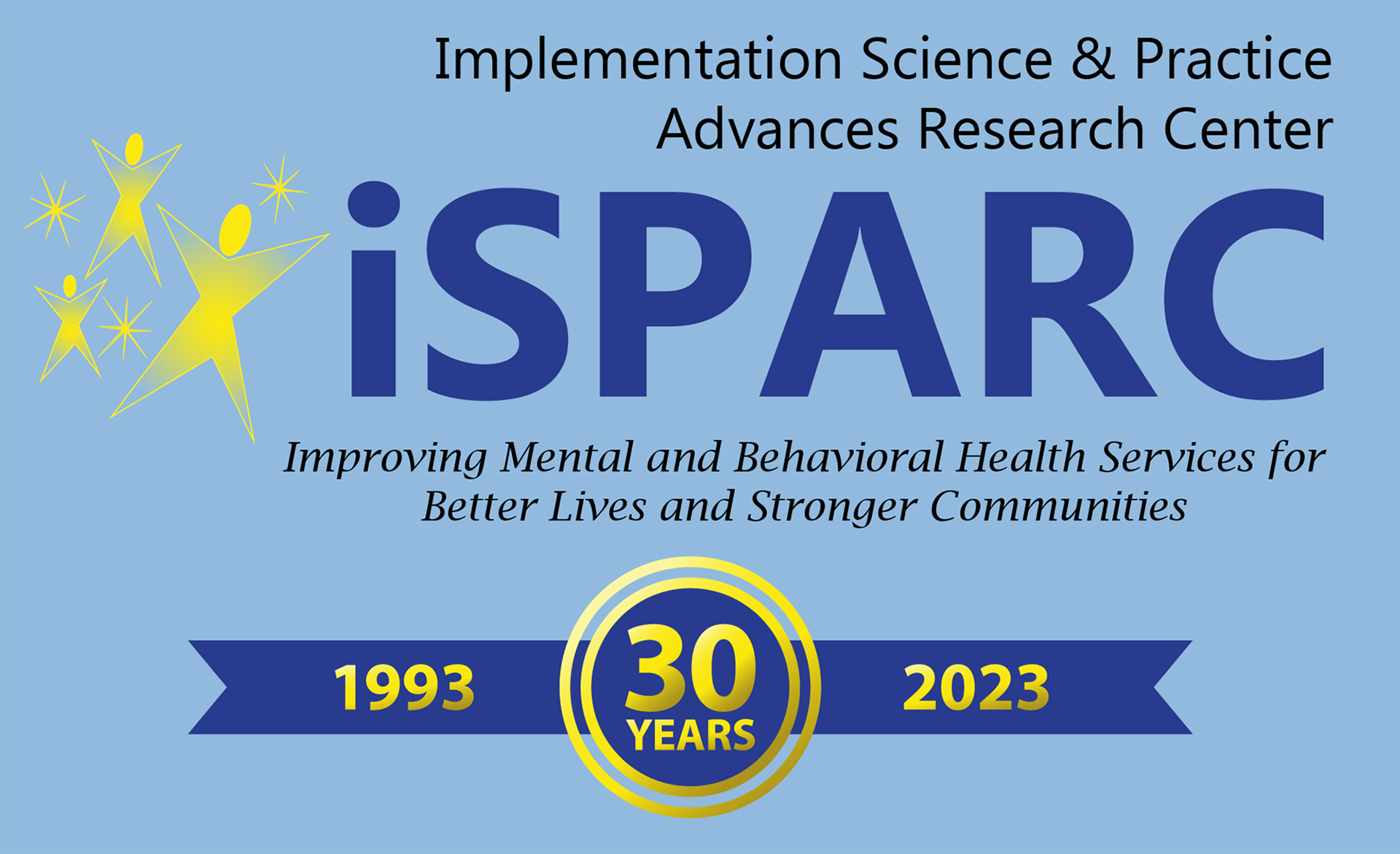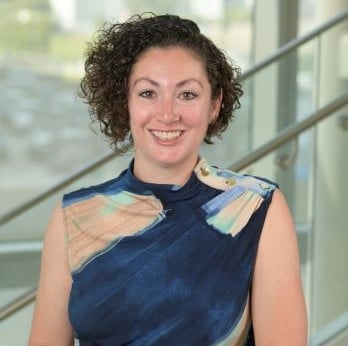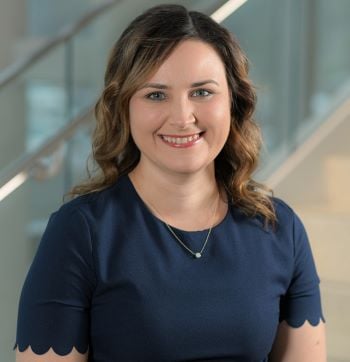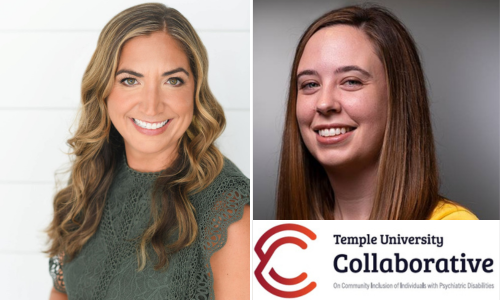Newly Funded Research in September 2023!
Date Posted: lunes, septiembre 25, 2023iSPARC is pleased to announce that in September 2023 three of our researchers received funding for new projects. Please join us in congratulating Melissa Anderson, Lourah Kelly, and Kathryn Sabella on these important research studies. Read below to learn more about each project.

 Melissa Anderson, Ph.D.,
Melissa Anderson, Ph.D., Lourah Kelly, Ph.D.,
Lourah Kelly, Ph.D., Kathryn Sabella, Ph.D.,
Kathryn Sabella, Ph.D.,